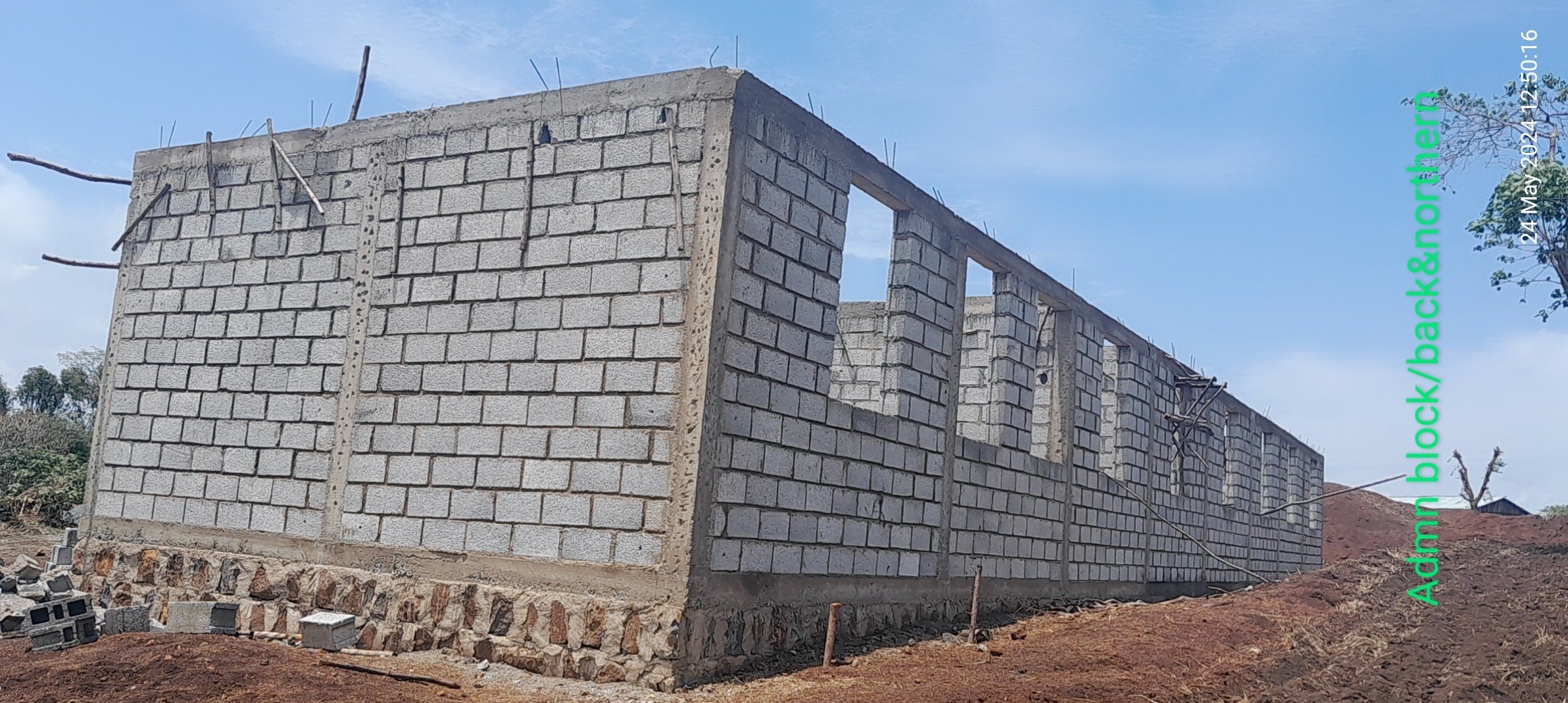
Bahir Dar Prison Pre-Primary & High Schools
As part of its mission to reach underprivileged and overlooked populations, Partners launched an initiative in 2023 — at the invitation of the Bahir Dar Prison Administration (BDPA) — to build two schools serving incarcerated mothers, their children, and inmates pursuing secondary education. The project includes a pre-primary school outside the prison compound and a new high school within it.
Pre-Primary School
During a 2022 visit, Partners staff found 25 children under age 7 living inside the prison with their mothers, who lacked family or community support. Without early education opportunities, these children faced isolation, stigma, and limited aspirations for their futures. One BDPA official recalled a five-year-old who said he wanted to “serve a long-term prison sentence, sell things to inmates, and make money” — a heartbreaking reflection of what happens when a child’s only world is behind prison walls.
Working with BDPA, Partners began building a three-classroom pre-primary school just outside the compound, designed to serve both children living in prison and those from nearby communities. The facility includes dedicated learning spaces, an outdoor garden, and accessible sanitation facilities, offering quality early education, play, and socialization opportunities in a safe environment. This initiative not only supports healthy child development but also promotes community integration and helps break cycles of incarceration and poverty.
High School
Inside the prison, Partners is constructing a new high school to replace the corrugated metal classrooms that previously served 250 students, including 200 inmates, 50 prison staff and juvenile offenders (ages 14–17). The facility feature eight fully furnished cement-block classrooms, including a science lab and ICT room, designed for comfort, focus, and long-term learning.
Beyond physical infrastructure, the program emphasizes teacher and leadership training, hands-on learning, entrepreneurship, and social-emotional development. Education offers incarcerated students a path to reintegration — those who pass university entrance exams are eligible for early release to continue their studies, helping them rebuild their lives and contribute productively to society.










